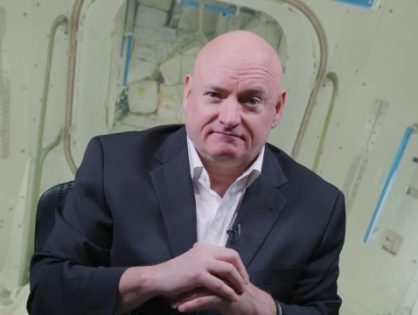We're not quite ready to announce the Birthrights Unlimited site to the world yet. But we'd be remiss if we didn't take note of the DNA news item that was all over the mainstream media this week.
A number of major news outlets that should have known better, including CNN, NPR and USA Today, reported earlier this week that astronaut Scott Kelly's space flight more than a year ago altered his DNA in fundamental ways.
The level of science literacy in the mainstream press has always been exceedingly low, and this week was indicative of just how bad things are.
So what happened with Kelly's 'space genes'?
Let's begin with the fascination over the genetic composition of astronaut Kelly and his twin brother, Mark. As this article on Ars Technica points out, identical twins' DNA are not 100 percent identical:
And DNA, of course, is only one factor that contributes to our phenotype:
Live Science mistakenly claimed that hundreds of "space genes" were altered in Kelly's body. Nonsense.
Business Insider claimed that space "permanently changed 7% of his DNA." Outright false.
CNN reported on "the transformation of 7% of Scott's DNA." Wrong. The news outlet confused a person's genes, which remain largely unchanged, with alterations in gene activity, which change all the time.
As Ars Technica's science editor John Timmer points out, "a 10 minute phone call to a biologist" could have helped these journalists get the facts straight.
